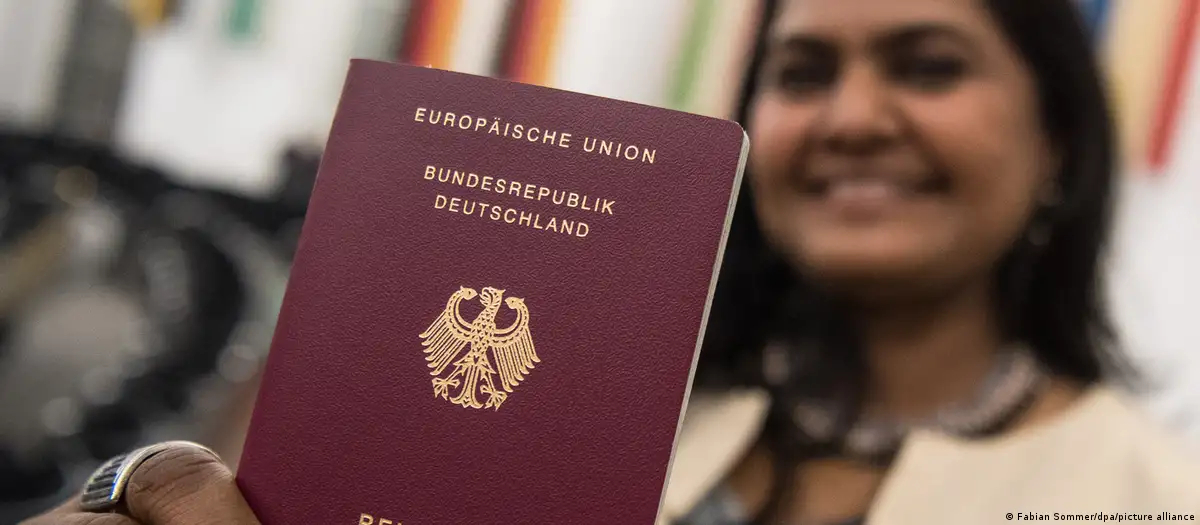More people will become German citizens when the German government 's new citizenship reforms come into effect on June 27. For the first time, Germany will allow citizens to have multiple citizenships in principle.
“Finally, our law is doing justice to our diverse society,” German Interior Minister Nancy Faeser said in a recent statement. “We recognize the life stories and achievements of the many immigrants who have long been in our country and have helped our country move forward. The message is clear: You belong to Germany!”

The new rules will give new rights to non-Germans who have lived in Germany for some time. Photo: dpa
About 14% of the population in Germany does not have German citizenship. According to government statistics, 168,545 people became German citizens in 2022 – equivalent to just 3.1% of foreigners who have lived in Germany for at least 10 years, although this figure has increased in recent years.
That number is expected to increase significantly next year: State governments across Germany have reported rising numbers of applications.
The new rules will give new rights to non-Germans who have lived in Germany for some time. The centre-left government, made up of the Social Democrats (SPD), the Greens and the neoliberal Free Democrats (FDP), hopes to increase the number of naturalised people and thus create incentives for faster integration.
Once the new rules come into effect, applicants for naturalization will no longer have to renounce their previous citizenship to become German. People will be able to apply for German citizenship after living legally in the country for five years, instead of the previous eight years.
For those with “exceptional achievements in integration”, naturalization can be achieved after just three years. These achievements can include learning German, academic or professional excellence, participation in civic life or running for political office.
All children born in Germany to foreign parents will acquire German citizenship if the father or mother has lived legally in Germany for more than 5 years and has permanent residence.
The generation of workers who moved to West Germany in the 1960s will no longer have to take a citizenship test. They will only need to demonstrate their spoken language skills to gain German citizenship. The same applies to foreign workers who moved to the former East Germany to work.
Although the new rules apply to everyone in principle, applicants for citizenship still have to prove that they can support themselves in Germany.
A commitment to the democratic order enshrined in the German constitution is a mandatory requirement for anyone applying for citizenship. Any anti-Semitic, racist or other inhumane acts are prohibited.
Those who reject equal rights between men and women or live in polygamous marriages are also ineligible for a German passport. Newly naturalized Germans are also required to pledge to protect Jewish life in the country.
Ngoc Anh (according to DW)
Source: https://www.congluan.vn/cai-cach-nhap-tich-moi-cua-duc-co-hieu-luc-post301124.html





































































































Comment (0)